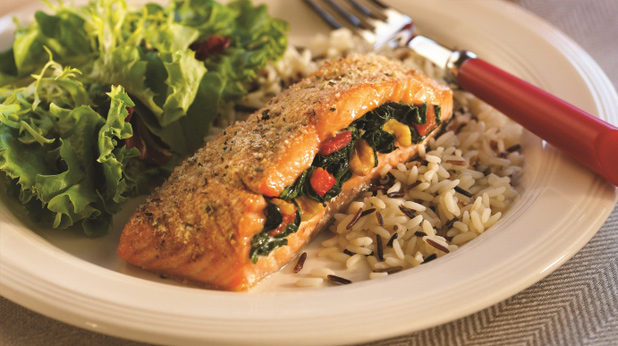With these alarming numbers, it is the need of the hour that we all look for ways to reduce weight and welcome a healthier lifestyle.
Read Also
The EWG annually compiles the Dirty Dozen and Clean 15 lists, revealing fruits and vegetables with high and low pesticide levels, respectively. In 2023, blueberries and green beans joined the Dirty Dozen due to pesticide content. The Food and Drug Administration recommends washing, trimming, and
Rich in vitamins K and E, and other nutrients like protein, fibre, calcium, and healthy fats, pecans are the latest superfood that can help control many lifestyle diseases. Scroll down to read the latest study details.
While looking for such ways, it is important that we take a close look at the diet we are consuming, which is the root cause of becoming overweight and obese. Thus, many individuals turn to dietary choices that promote overall health and well-being. Now, there are several diets that people look upon for losing a few inches and kilos. But, most of them provide short-term goals and may help lose weight drastically and this is why experts do not recommend dieting as the sole source forweight loss. Every individual is different and this is why one diet may not suit everyone. Whatever diets are available, they were designed for a specific purpose.Among all these diets, the “Low-fat diet” has garnered significant attention for its potential benefits. As we celebrate National Nutrition Week, give a low down on ‘Low-fat diet’ and how it is useful for weight loss and the foods to eat and avoid when choosing this diet for weight loss.
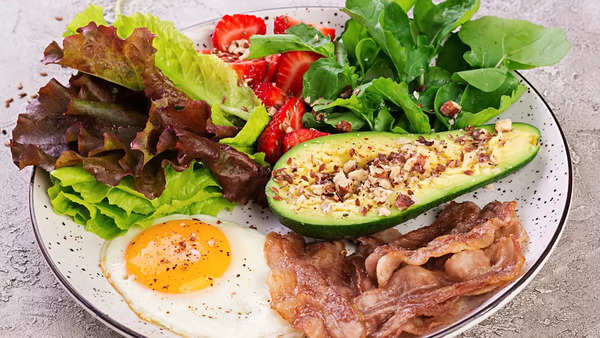
Understanding the ‘Low-fat diet’
A low-fat diet, as the name suggests, is a nutritional plan that focuses on reducing the consumption of fats, particularly saturated and trans fats. The primary goal is to limit the intake of calories from fat, which can help in achieving and maintaining a healthy body weight. This dietary approach has been associated with various health benefits, including a reduced risk of heart disease, stroke, and certain types of cancer.
READ ALSO: If you are a Diabetic? Then avoid these foods after 30
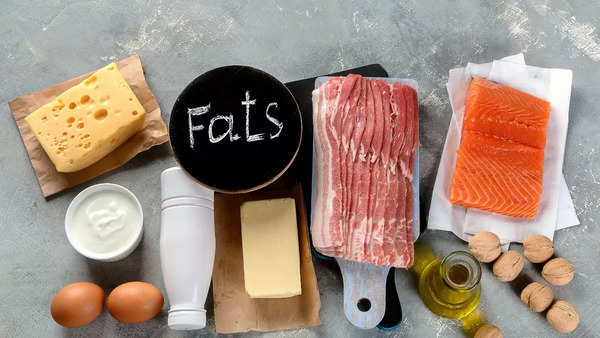
Foods to embrace on a ‘Low-fat diet’
If you have decided to opt for this diet, make sure to consume fresh fruits and vegetables, as they are low in fat and high in essential vitamins, minerals, and dietary fibre. They should form a substantial part of any low-fat diet. Next, opt for lean sources of protein, such as skinless poultry, fish, beans, and legumes. These protein-rich foods are lower in saturated fats compared to red meat. Also, make sure to incorporate whole grains like brown rice, quinoa, whole wheat pasta, and oats into your diet. They are excellent sources of complex carbohydrates and fibre.
READ ALSO: The REAL reason why do we crave for sweets
Apart from these foods, one can choose low-fat or fat-free dairy products like skim milk, low-fat yoghurt, and reduced-fat cheese. These provide essential nutrients without the saturated fat found in full-fat dairy. You can also include sources of healthy fats like avocados, olive oil, and fatty fish (e.g., salmon, mackerel) in your diet. These fats are beneficial for heart health when consumed in moderation. While nuts and seeds can be consumed in this diet, but make sure that they are eaten in moderation due to their calorie density. Opt for unsalted and raw varieties.
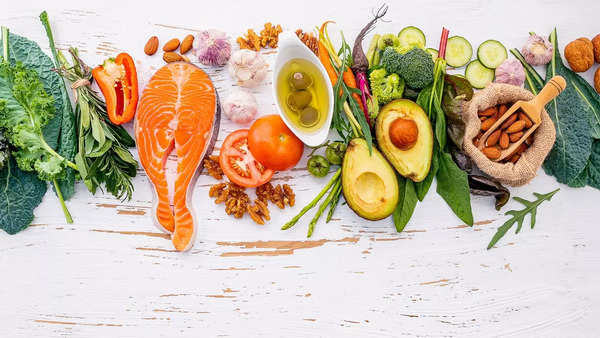
Foods to avoid or limit on a low-fat diet
When on this diet, minimize or eliminate foods high in saturated and trans fats. These include fried foods, fatty cuts of meat, butter, lard, and processed snacks like chips and baked goods. You can reduce the consumption of full-fat dairy products, including whole milk, regular cheese, and cream. In any diet, limit the consumption of processed foods as they often contain hidden fats and additives. Read labels carefully and limit the intake of packaged snacks, fast food, and pre-packaged meals. Also, high-sugar foods and sugary beverages are a complete ‘NO-NO’ as they can contribute to weight gain and other health issues. Likewise, alcohol and sugary drinks are often calorie-dense and provide little nutritional value. They should be avoided as well, and if you can’t avoid them, lower their quantities or opt for healthier alternatives like water or herbal teas. It is also important that you must become mindful of high-fat condiments like mayonnaise, creamy salad dressings, and excessive use of oil in cooking.
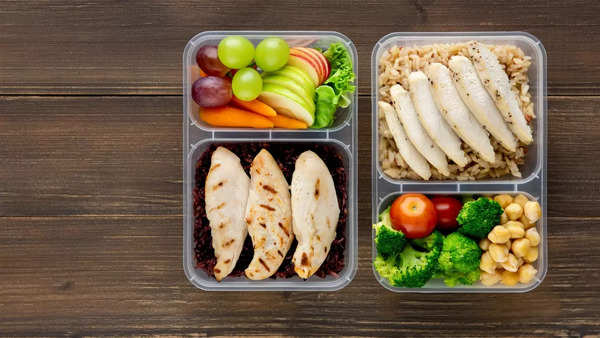
It’s important to note that while a low-fat diet can be beneficial for some individuals, it may not be suitable for everyone. Consulting with a healthcare professional or registered dietitian is recommended before making significant dietary changes, especially if you have underlying health conditions or specific dietary requirements. As with any dietary plan, moderation and balance are key to reaping the full benefits of a low-fat diet while ensuring overall nutritional well-being.

